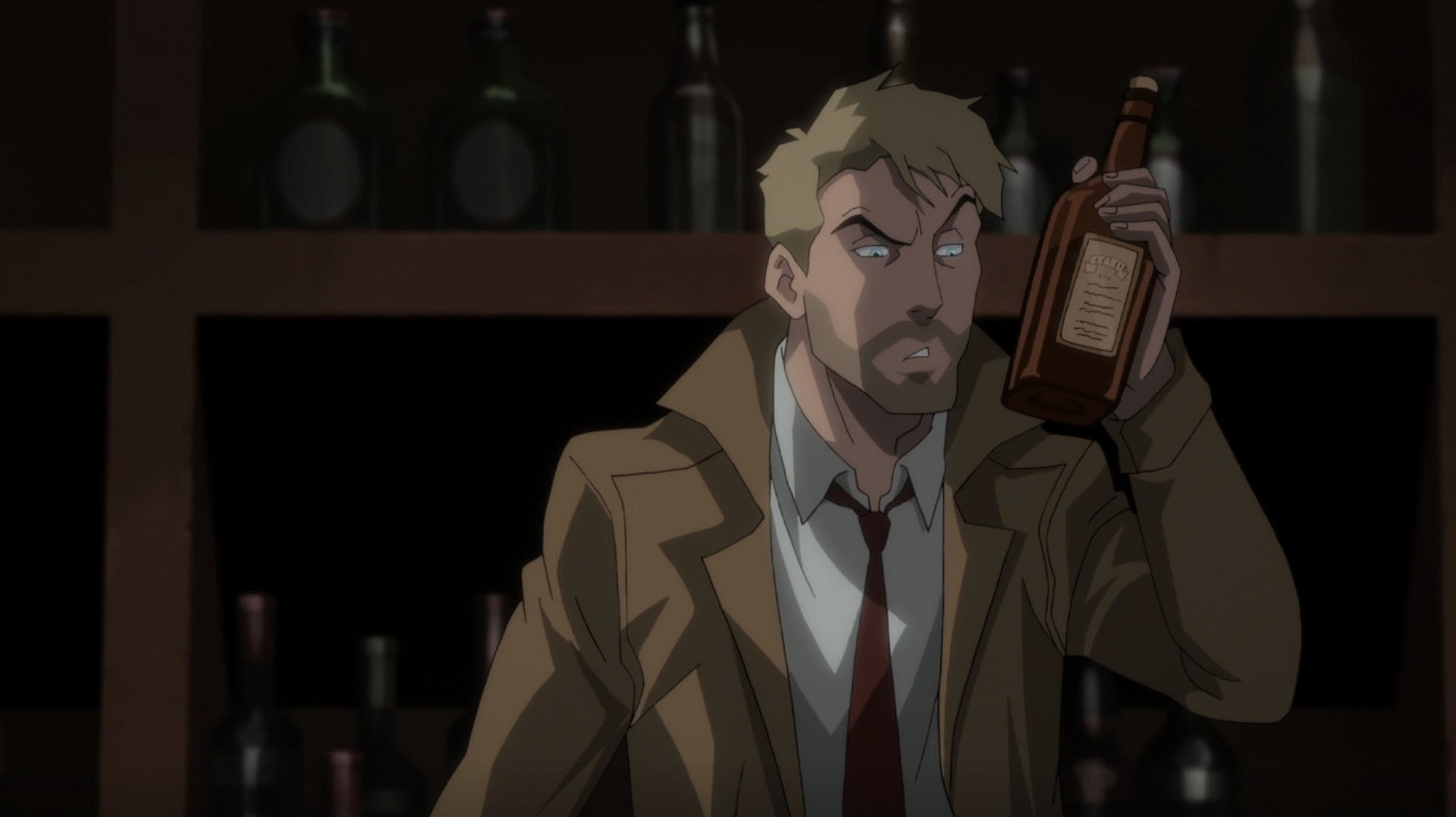Warner Bros. Animation Executive Sam Register And Hollywood Insiders Don’t Want Voice Actors Or Storyboard Artists To Worry About AI Taking Their Jobs

AI was a huge concern for striking writers and actors last year, but their fight against technology replacing them isn’t over nor is it limited to those two fields.

Animators have a stake in things too as their specialty is threatened at every level by generative imagery. Though in its infancy, digital AI art shows promise in the eyes of Hollywood executives. And why not if it’s cost-effective, right?
This isn’t the case for everyone out there, however. Warner Bros. Animation and Cartoon Network Studios president Sam Register is a dissenting voice on the future of AI to a fault. While implying progress is inevitable during a Los Angeles Times roundtable, he wants to stave it off and protect artists as long as he can.
“Animation is a visual medium. But so far, I haven’t seen anything AI can do visually that an artist doesn’t do better currently,” Register said in the discussion via Cartoon Brew. Even at the storyboard phase, he is skeptical of AI’s current capabilities.
“As an animation studio, I just think it’s important we protect the artists and the art form as long as we can. Because I think we should give jobs to people who really do that and so they can get their entry-level experience,” he said.
Voice acting is another aspect of animation getting squeezed by AI that could see further encroachment in the next few years. This caused some performers to panic, but veteran voiceover talent agent Wes Stevens has seen many advancements change the game since 1994 – from email to cloud technology – and thinks the industry can adapt.

“I think flexibility creates scalability, in terms of the volume of business that can be done in any given day. And I think this is what’s going to happen, to some extent, with AI,” Stevens said to Backstage. “Anything that frees us up and allows us to be more involved in things is a good thing, as long as the quality of work is not getting dinged by the volume.”
With where generative AI stands today as a help or a hindrance, he shares Register’s assessment. “Generative AI as it exists today, on the voice levels, is really basic,” said Stevens. “I’ve seen it demo’d. There’s something there. But can it do what voiceover artists do? 100% absolutely not.”
“Try having it read the soliloquy of ‘Hamlet’ and put [in] all the nuance, subtext, depth of character, and suffering. It can’t color things that many different ways,” he added.

RELATED: Warner Bros. Discovery Recognizes Unionization Of Their Animation Studio And Cartoon Network
But Stevens distinguishes generative AI and “artificial general intelligence” that could prove superior to human intelligence, on paper, and might not be far away. “AGI [would] create a whole other rush. It’s going to be very different than generative. I’m not scared of it. As a society and as individual industries, we have to be smart about it,” he said.
“On the performer level, we have to ask if there are going to be organic signatures, whether that be your face, your expressions, your voice. Even like the interaction we’re having right now [in this interview] has all sorts of organic elements to it that are very nuanced, very individualistic,” he added.

“I’ve seen some very interesting tech that, with increasing improvements, we will have the capacity to say, ‘Here’s my voiceprint, and here are the terms that exist around it,’” he continued.
Lastly, on the subject of AI, Stevens explained, “No doubt there’ll be collective bargaining agreement terms, but I’m not scared of it. I think the last thing you want to do is slam on the brakes and don’t do anything because [technology] will move ahead without us. I think there are great things coming from it. We just have to collaborate on it.”
